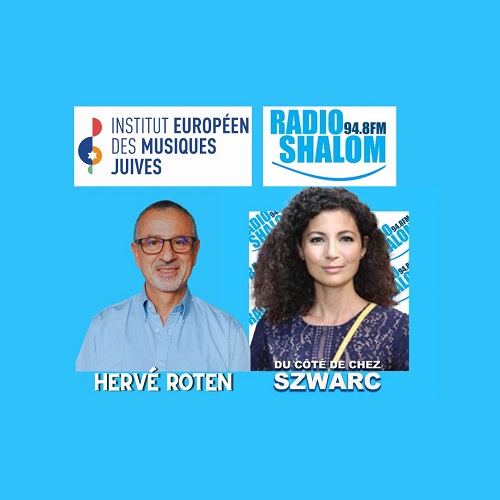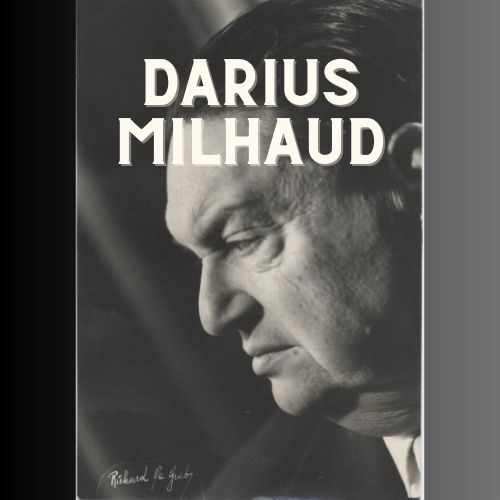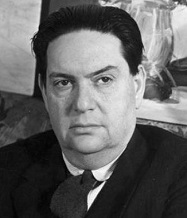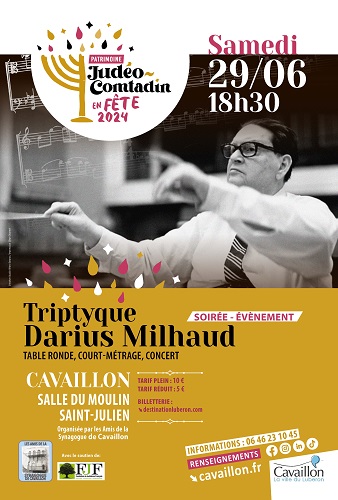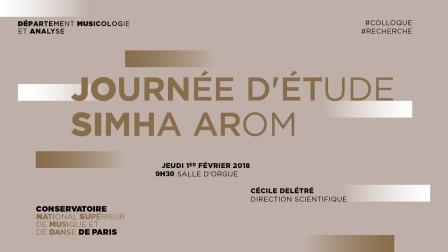
Département Musicologie et analyse du CNSMDP – Conservatoire de Paris
Simha Arom is one of the greatest ethnomusicologists of our time. Born in 1930 in Düsseldorf in a Jewish family, hidden in France during the Second World War, he studied violin and horn (he is First prize of horn of the National Conservatory of Music and Dance of Paris) and aims at first a career of orchestral musician.
In 1963, he decides to leave the Symphony Orchestra of Jerusalem, where he was solo horn, to create, at the invitation of the Central African government, a bass band in Bangui. Upon his arrival, he became fascinated by the country’s traditional music and, with the support of President Dacko, began a long process of collecting, preserving and analyzing.
For over forty years, he devoted himself to studying the rhythms, scales and polyphonic techniques used in these musics, forging, for his own use first, new practical and conceptual tools. He demonstrates that traditional music has a perfectly organized and often implicit language and architecture, and argues that music can only be approached in a meaningful way by taking into account the cognitive categories of the culture to which it belongs.
Thanks to his methodological tools and innovative concepts of analysis, Simha Arom has largely contributed to making ethnomusicology a specific and recognized science. His works, which focus on the music of Central Africa, but also those of Greece or Georgia in particular, have inspired and still inspire many researchers and contemporary composers such as Luciano Berio, Gyorgy Ligeti, Steve Reich or Fabien Lévy.
The Musicology and Analysis Department of the CNSMDP has the honor of organizing a tribute day to Simha Arom, which will review his exceptional career. All day, his colleagues and former students, who have become ethnomusicologists thelmselves, will take turns to discuss his work, his method, and talk of their training with this great master.
PROGRAM
Moderator of the day: Denis Constant-Martin
Morning
9:20 am: Welcome of the participants
9:30 am: Liouba Bouscant, Director of the Musicology and Analysis Department of CNSMDP and Cécile Delétré, Associate Professor of Ethnomusicology at CNSMDP
“Introduction”
9:40 am: Sylvie Le Bomin, Senior Lecturer, MNHN and Susanne Fürniss, CNRS Research Director
“Methodological paths”
10:05 am: Julien André, Professor of Percussion at the Pôle Supérieur of Paris Boulogne Billancourt and Associate Researcher at the MNHN
“The dialectic between rhythm and metrics”
10:30 am: Questions
10:40 am: break
11h: Olivier Tourny, CNRS researcher
“Prototypicality versus modeling”
11:25 am: Jean-Luc Lammer, Computer scientist, software designer,
“‘Classical side’, a software of reasoned listening of Western scholarly music”
11:50 am: Jean Khalfa, Professor of French Studies and Philosophy, University of Cambridge
“The interest of a philosopher for ethnomusicology”
12.15 pm: Questions
12:30 pm: lunch
Afternoon
14h: Denis-Constant Martin, Research Director, Institute of Political Sciences of Bordeaux, Hervé Roten, Director of the European Institute of Jewish Music, Sylvie Le Bomin, Susanne Fürniss and Olivier Tourny
«Round table around the Simha Arom research seminar»
2:45 pm: Laure Schnapper, Associate Professor of Music, School of Higher Studies in Social Sciences
“The influence of Simha Arom on composers and musicologists”
3:10 pm: Michael Tenzer, Professor and Graduate Advisor, University of Vancouver
“Ghost hunting: characteristics of new supracultural music”
3:50 pm: Questions
4 pm: Break
4:20 pm: Reading of a message by Jean Molino, Professor Emeritus, University of Lausanne
4.30 pm: Karine Chemla, Historian of Mathematics, CNRS Research Director and Paris-Diderot University
“Diversity of cultures: approaches and challenges”
4:55 pm: Frank Alvarez-Pereyre, CNRS Research Director
“Summary and conclusion”
5:10 pm: Questions
17h30: End
Free admission without reservation
Entrance through the public halls hall
(access by the security PC, on the right wing of the building)
Information : 01 40 40 45 45
